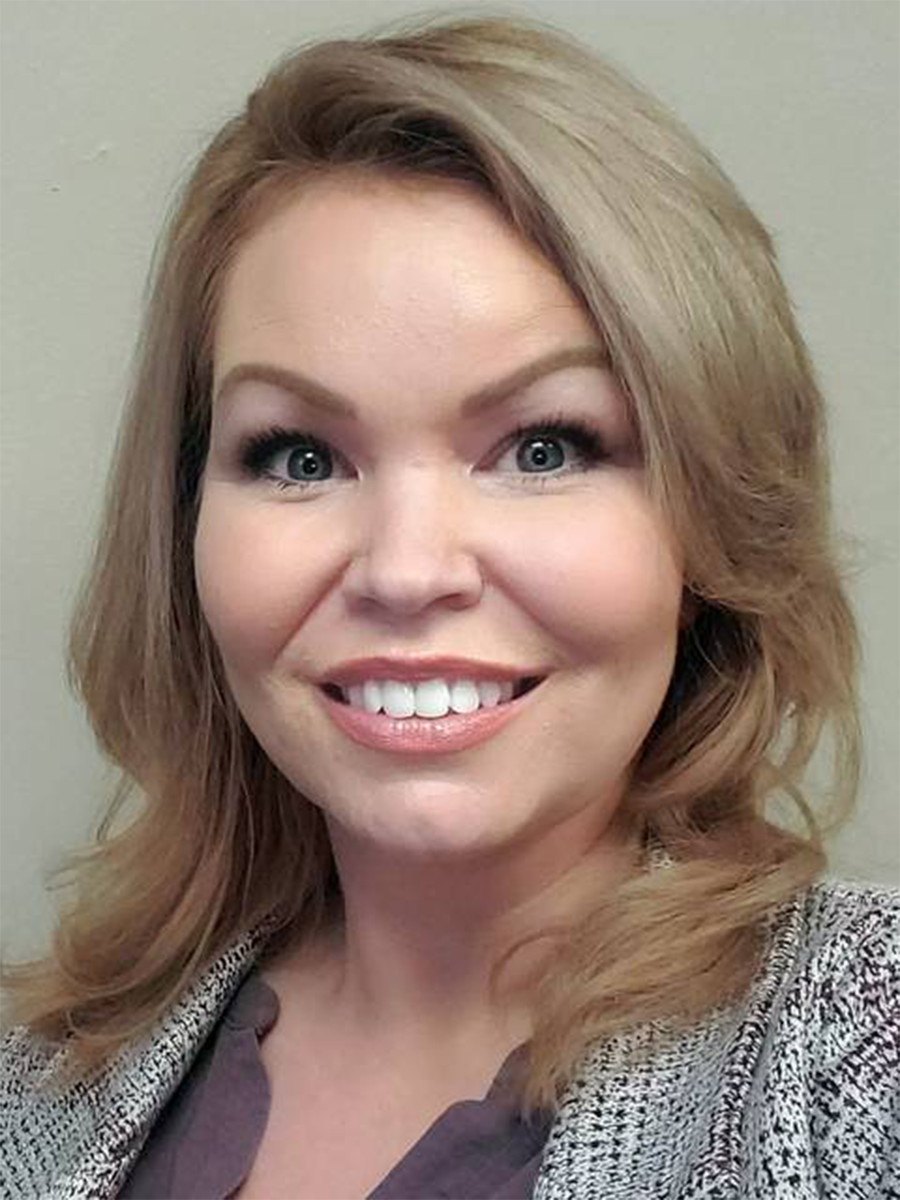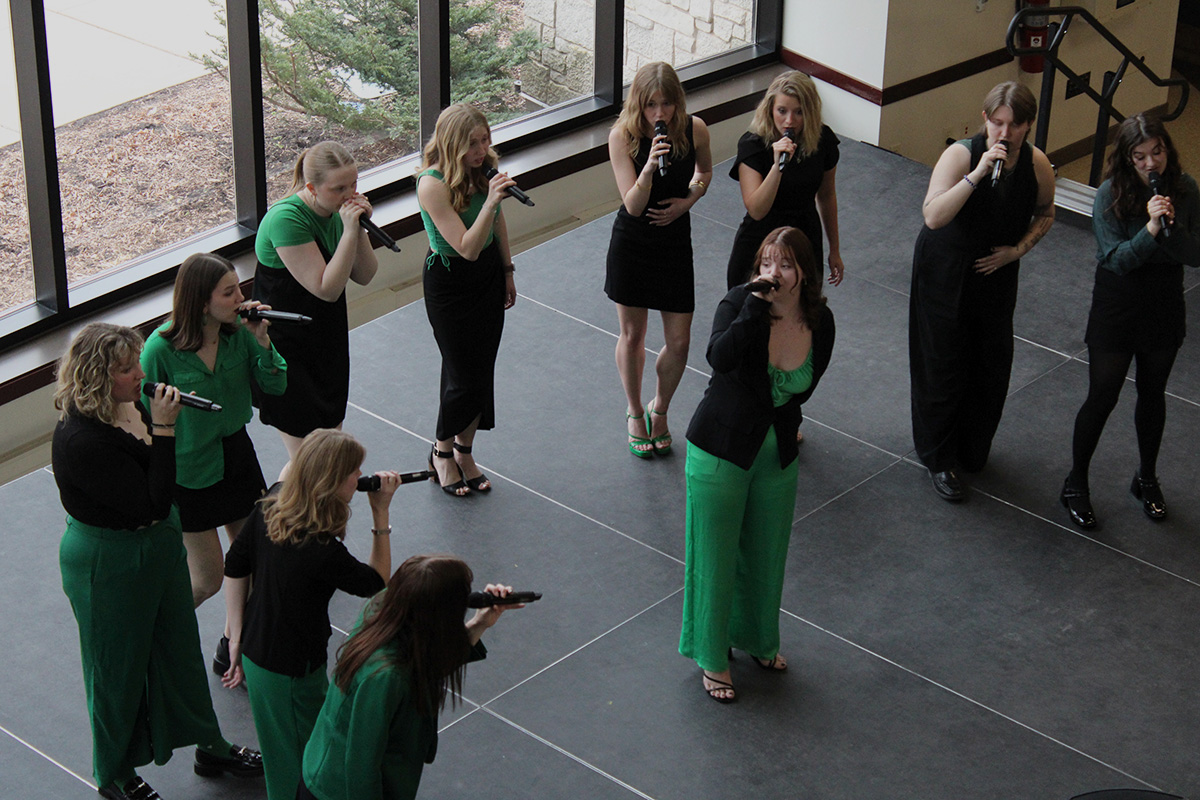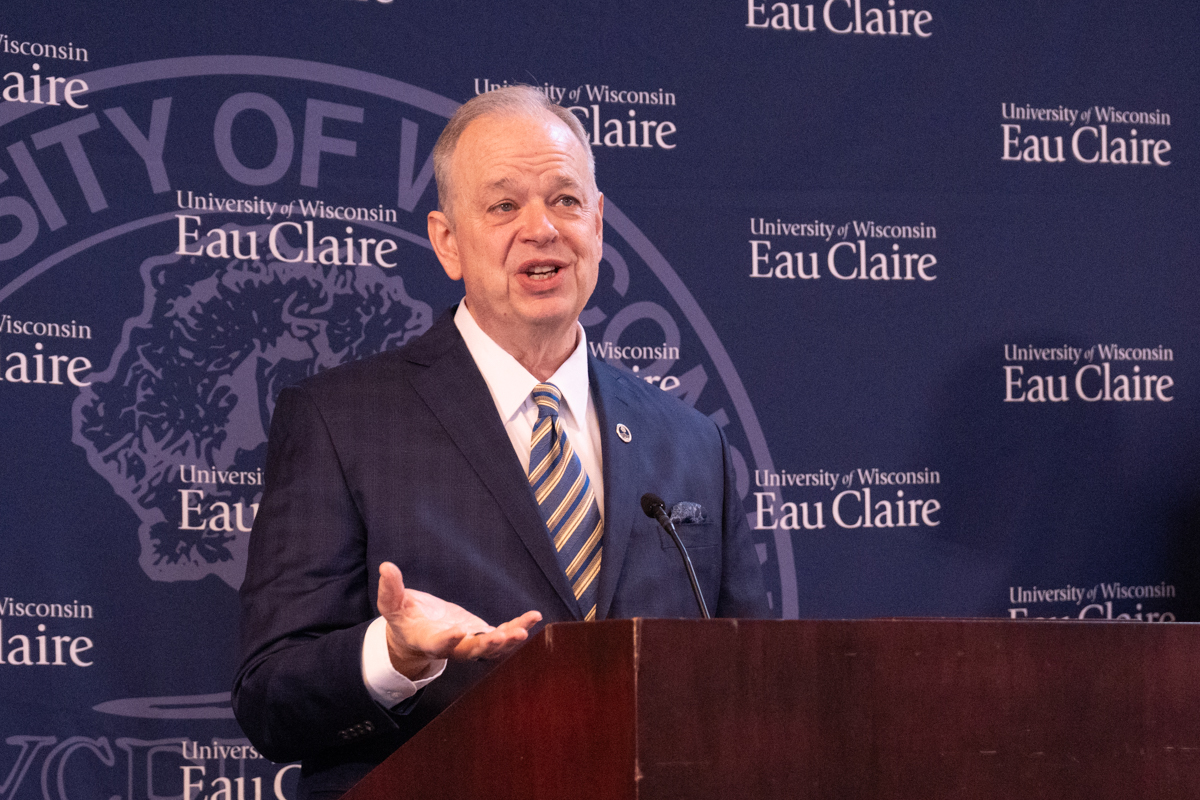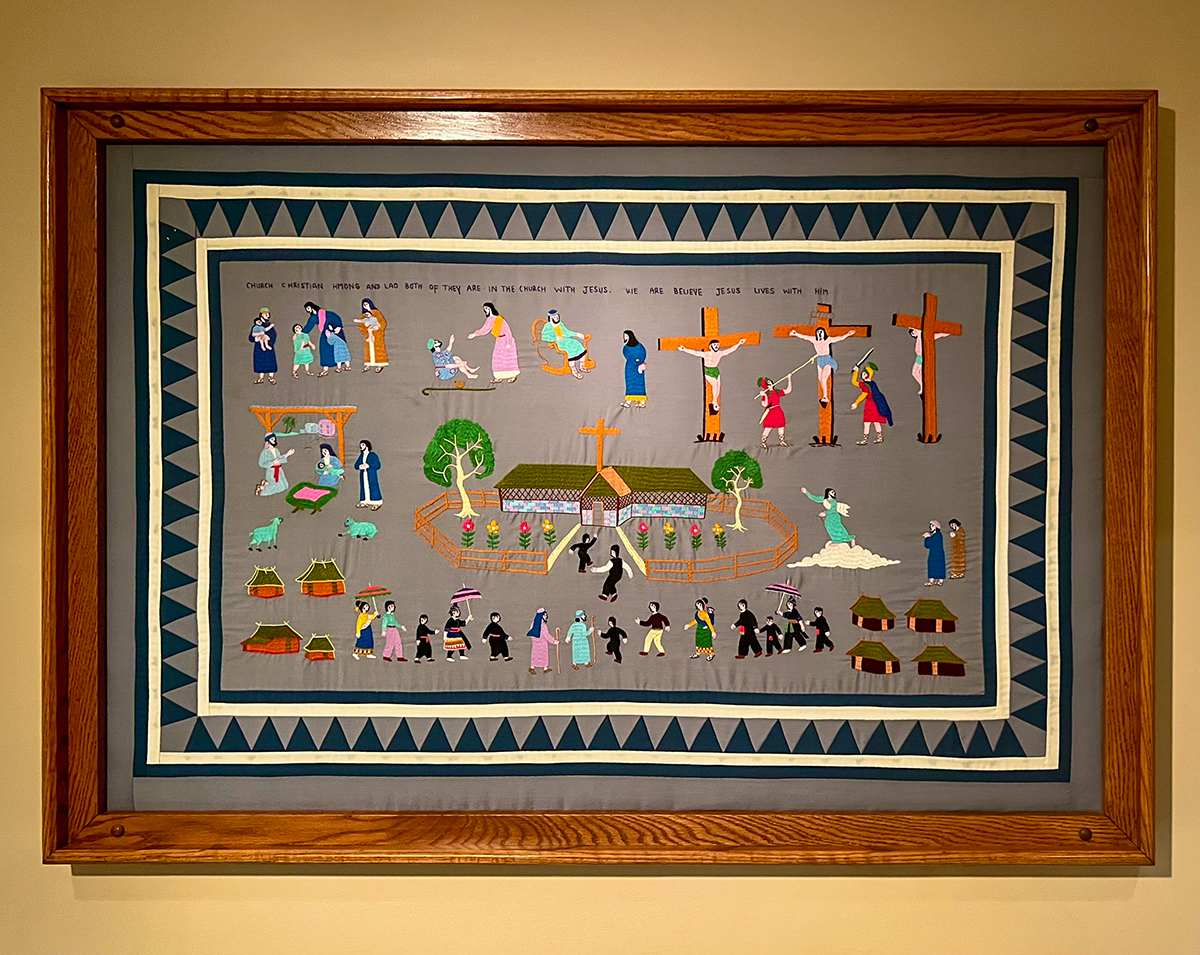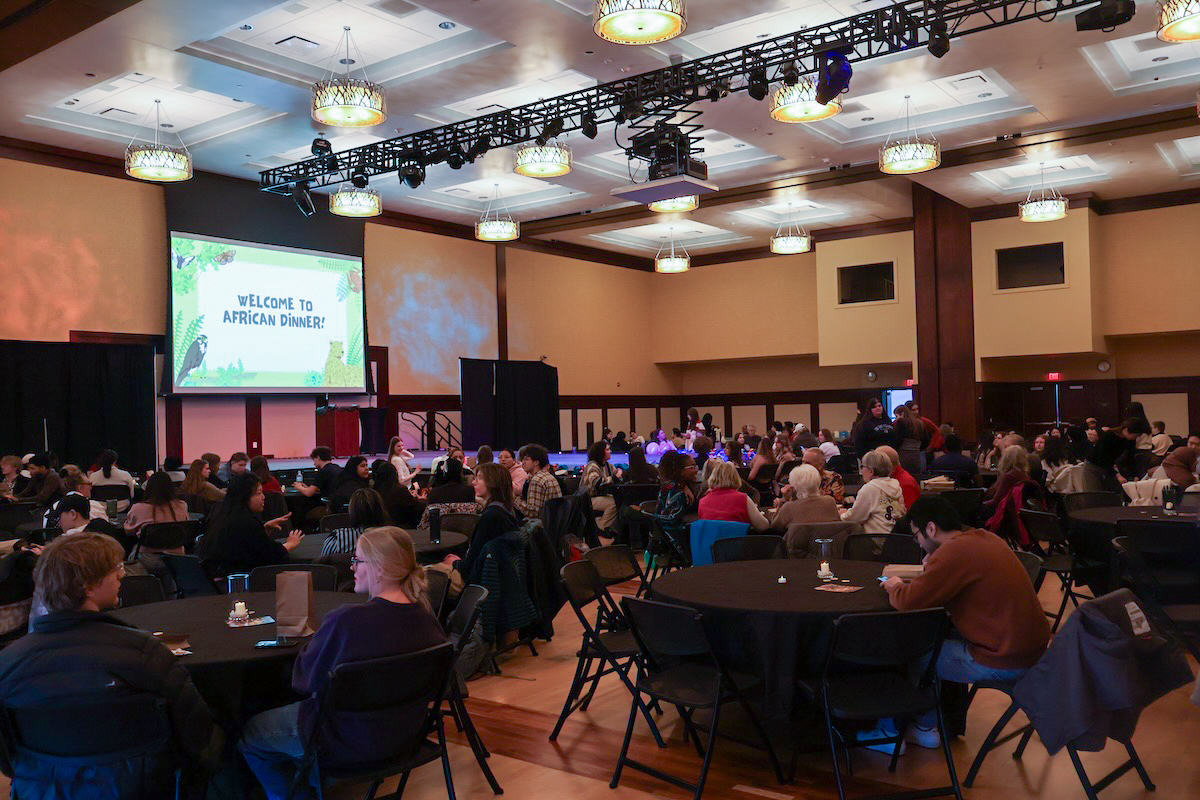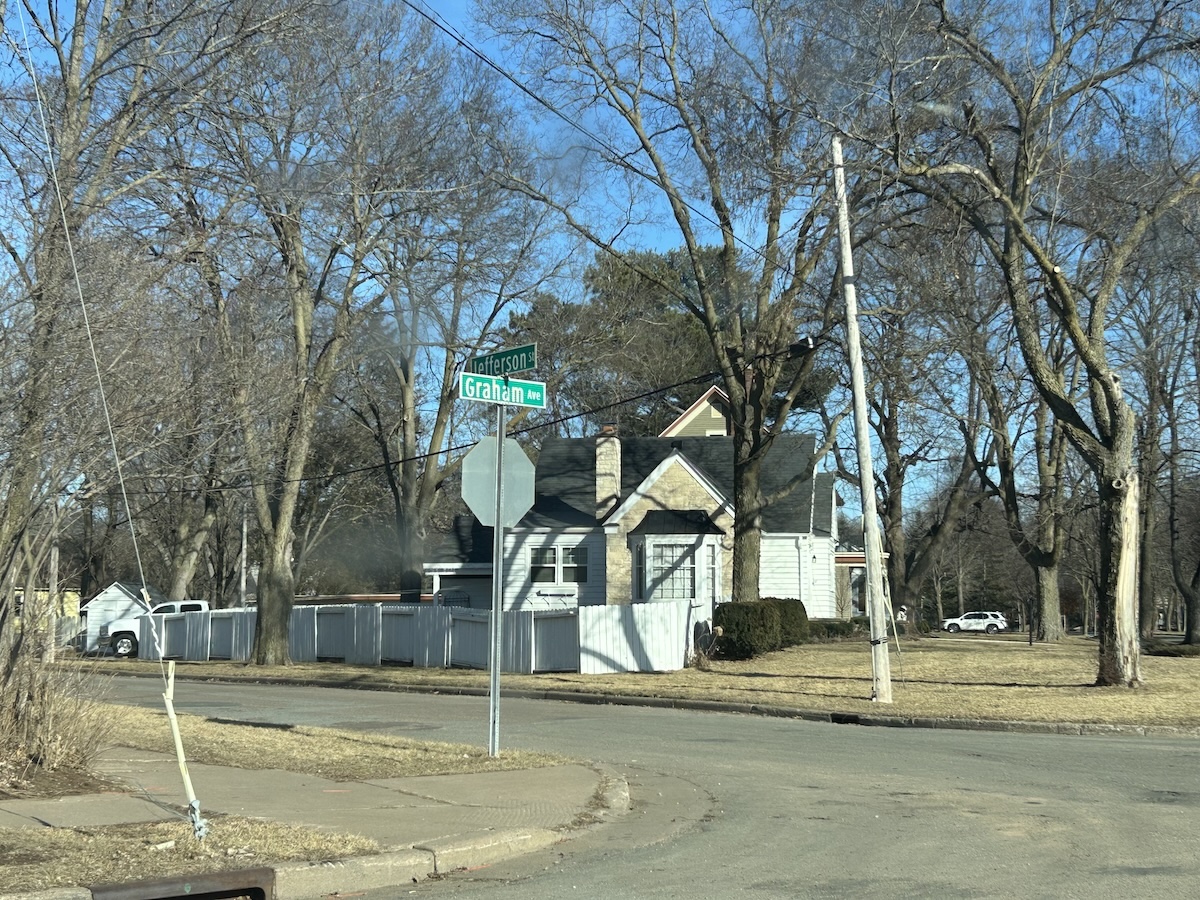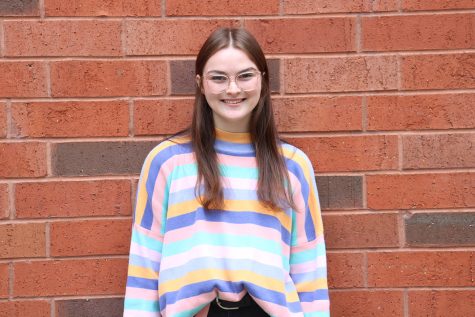On Sept. 14, dementia care specialist Trisha Witham gave a talk on dementia prevention for the Thursdays at the U lecture series.
Thursdays at the U is a program held at UW-Barron County. Each week, a presenter speaks on a topic they specialize in.
Witham studied community health education at the University of Arizona and she received training from the doctors and researchers at the Wisconsin Alzheimer’s Institute out of UW-Madison.
According to Witham, it’s never too soon to start taking steps to protect neurological health.
“The journey doesn’t have to be perfect, but start building that brain reserve now,” Witham said. “It will pay off in dividends in the future and the future comes quicker than you think.”
There are a variety of ways for college students to be proactive about protecting their brains and increasing their reserve.Concussions, excessive drinking and smoking are all detrimental to neurological longevity, according to Witham.
“I think especially for the younger people who are in sports to make sure they have the proper gear to protect themselves from concussions and head injuries is super important for long-term health,” Witham said.
Furthermore, Witham discussed daily life practices that students should consider implementing into their routines.
“When we start using things like meditation, being mindful and focusing on stress reduction, you can really start to benefit from making those lifestyle changes,” Witham said.
Witham’s colleague and Eau Claire County ADRC dementia specialist Lisa Wells said that diet and exercise are the keys to a healthy brain.
“The number one thing I recommend is exercise,” Wells said. “There’s a lot of research that discusses the importance of getting oxygen to your brain. It is also important to be conscious of the food you consume on a daily basis.”
Witham said she recommends having open and honest conversations with adults who may benefit from information about dementia.
“A lot of people may be scared to talk about dementia with their friends or family members, but the truth is this is just another organ in the body that can get diseased,” Witham said
Talking about dementia within your own realm can make all the difference, according to Witham.
“There’s this idea that we need to have a perfect memory, or that Alzheimer’s will change our personhood, but the core of our being is still the same,” Witham said. “We still want to give and receive love, it just becomes more difficult when we lose control of our command center.”
According to the 2020 United States Census, the population of adults ages 65 and over grew approximately five times faster from the years 1920 to 2020 than the rest of the population.
“Let your families know that it’s never too late,” Witham said. “Science has proven that you can grow new neurons and new neuron connections. Starting with something is better than giving up.”
Witham said it is important that we continue to support one another, and that full independence doesn’t have to be the mark for life success.
According to Witham, “The vitality of older populations in the United States makes an impact in our community, our economy and our society.”Allessi can be reached at allessmc0992@uwec.edu.

